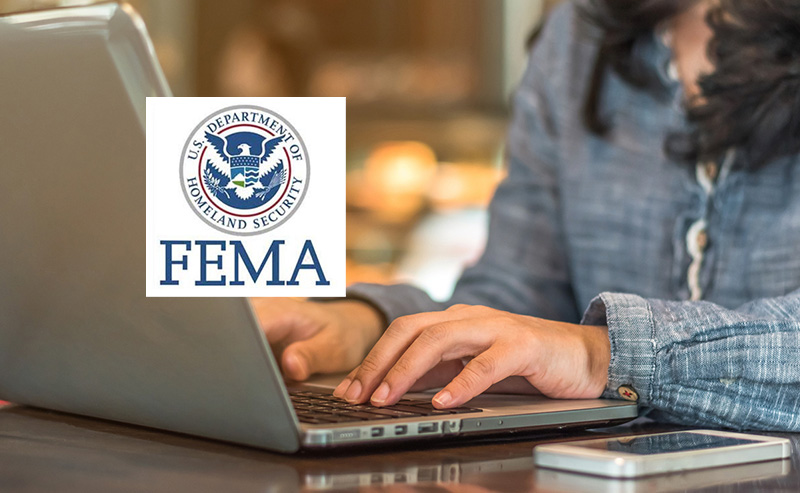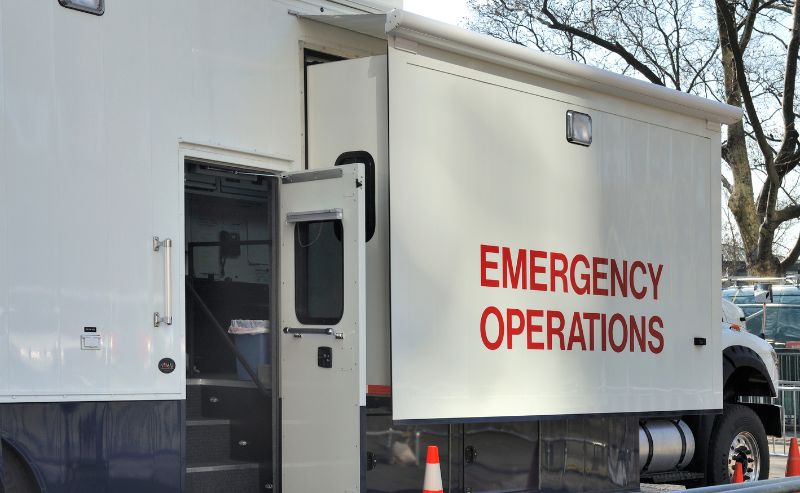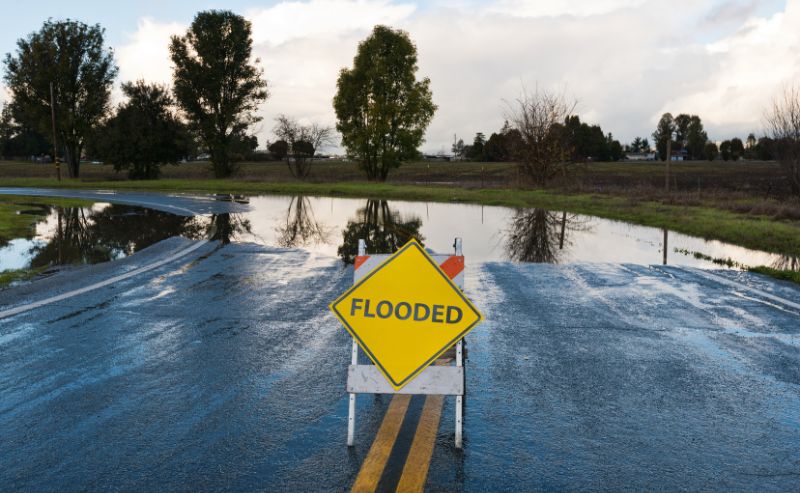Whether you’re directly involved in emergency management or have a vested interest in your community’s resilience, you will most likely find the latest coursework available from the Federal Emergency Management Agency (FEMA) helpful.
Just this week, May 4, 2020, the Agency released IS-800.d, National Response Framework, An Introduction; and IS-703.b, National Incident Management System Resource Management.
The National Response Framework (NRF) is a guide to how the Nation responds to all types of disasters and emergencies. It is built on scalable, flexible, and adaptable concepts identified in the National Incident Management System (NIMS) to align key roles and responsibilities across the Nation.
According to FEMA, the IS-800.d course is designed to provide guidance for the whole community. Within this broad audience, the National Response Framework, or NRF, focuses especially on those who are involved in delivering and applying the response core capabilities, including:
– Private sector partners
– Non-governmental organizations (NGOs)
– Government officials
– Non-governmental
– Community leaders
– Emergency management practitioners
– First responders
The course revision incorporates the October 2019 NRF updates, including Community Lifelines. The Instructor-Led (ILT) or classroom materials will be available later in the year.
The IS-703.b course is designed to introduce federal, state, local, tribal, territorial, and local emergency managers, first responders, and incident commanders from all emergency management disciplines to NIMS Resource Management. This includes private industry and volunteer agency personnel responsible for coordination activities during a disaster.
This course revision incorporates the October 2017 NIMS updates. It is complete with the Instructor-Led Training (ILT) and classroom materials.
Both courses can be found on FEMA’s Independent Study Website at:
IS-800 National Response Framework, An Introduction
IS-703.b National Incident Management System Resource Management
Want to further expand your knowledge of Emergency Management? Check out FEMA’s National Preparedness Course Catalog, which is always available through its National Training and Education Division.






